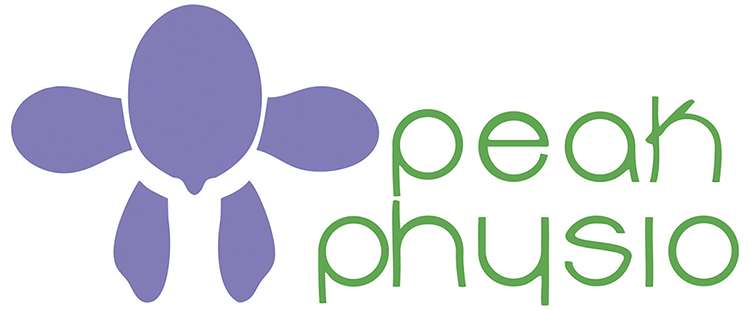“Everything in the human body is connected”. You may have heard this phrase before, and it is particularly relevant when talking about the connective tissues and the fascia. This is the basis of Craniosacral Therapy (CST).
Fascia is a like a complex web of strong but pliable tissue that wraps around our whole body, from top to toe. It keeps our organs and muscles in their right place and gives us our human shape. Even the dura mater and meninges that surround our brain and spinal cord, are a type of fascia.
Restrictions in the fascial plane can create dysfunctional tension patterns and affect a whole range of sometimes seemingly ‘unrelated’ areas and systems in the body. For example, a fall on your backside might bring on a debilitating cycle of migraines.
In other words, the story of our life (the falls, the accidents, the long hours at a desk…) are all written in our myofascial system. CST will help detect and treat this type restrictions caused by illness, injury, trauma, repetition and so forth.
Following the rhythm
The assessment process is based on “listening” to the fluid flow in the tissues. Craniosacral therapist will do this by placing her hands gently on various locations along the spine and the skull. A diminished flow, i.e., craniosacral rhythm, indicates a restriction in the area, and creates “a road map” for the practitioner to follow in the treatment.
CST consists of very slow and gentle realigning of the fascia and is often done though clothing. Less (pressure) is more, as fascia does not lengthen by force, but by slow, steady stretching. Some of my clients have described the treatment “meditative”, others “relaxing” or “soothing”. Deep relaxation during the treatment is very therapeutic in itself. It calms down the nervous system and allows the body’s natural healing processes to take place.
Who can benefit from Craniosacral Therapy?
CST was developed in the U.S. in the 1970s by an Osteopath and a Medical practitioner named John Upledger. CST has since been successfully applied to a wide variety of conditions, from headaches, migraines, back, hip, neck pain, chronic pain syndromes, TMJ problems, post operations and accidents to sleep problems, mental health issues, attention deficit syndromes, hormonal imbalances, difficult birthing processes and more.
But this doesn’t mean you have to be in pain or have a problem to benefit from CST. It is a wonderful “tune up” for anyone who would like to optimise their health and become more in-tune with their body.
Riina is a qualified Craniosacral Therapist with a genuine passion for wellbeing and nourishment for the body and mind. She practices at Peak Physio on Monday, Wednesday, Thursday and Friday.
Why not book in for a treatment to find out what Craniosacral therapy can do for you?

